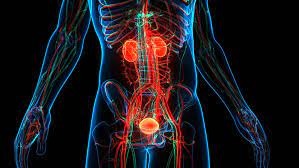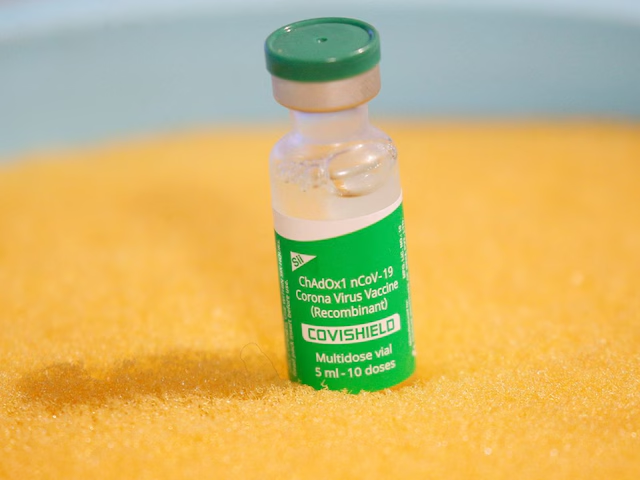Doctor Lists Quiet Liver Symptoms That You Should Never Ignore
Did you know that fatty liver, a common condition, is caused by excess fat building up in liver cells? This disorder may be exacerbated by a number of factors, including obesity, high blood sugar, high blood fat, and binge drinking. Non-alcoholic steatohepatitis (NASH) and non-alcoholic fatty liver disease (NAFLD), which may result in scarring, inflammation, and liver failure, are more severe conditions that can develop from fatty liver, even though they are often asymptomatic in their early stages.

However, fatty liver disease is usually manageable and even reversible with lifestyle changes, including eating a balanced diet, exercising often, consuming less alcohol, and taking care of underlying medical conditions like diabetes and high cholesterol.
Dr. Apurva Pande, a consultant in the Department of Gastroenterology and Hepatology at Fortis Hospital in Greater Noida, spoke about the silent signs of fatty liver that people shouldn’t overlook in an interview with Jagran English.
World Liver Day is observed annually on April 19th to promote awareness of disorders connected to liver health. Following worldwide trends, fatty liver disease has grown in importance as a health issue in India, where its incidence is continuously increasing.
Dr. Apurva claims that fatty liver, which is defined by the buildup of fat in liver cells, often manifests as a lack of clear symptoms. It is crucial to identify and take care of its warning indications since, if ignored, they may cause serious liver damage. It develops as a result of a number of risk factors, such as diabetes, obesity, and excessive alcohol intake. Typically, imaging techniques and blood tests are used to diagnose liver involvement.
The mainstay of treatment is lifestyle adjustments, which include eating differently, controlling weight, exercising often, and taking care of underlying medical issues like diabetes and high cholesterol. The prevention of fatty liver disease and its related consequences is largely dependent on early identification.
Even though a fatty liver may not show any symptoms at all, people should be aware of these minor indicators, which include:
Fatigue: Despite getting enough rest, a persistent or inexplicably high level of exhaustion may be a sign of fatty liver disease. This symptom may have a major influence on day-to-day living, although it is typically ignored.
Weight Loss: Unexplained weight loss may raise suspicions about possible liver involvement, especially when it is accompanied by other symptoms like exhaustion or stomach pain.
Abdominal Discomfort: Light pain or vague discomfort in the upper right abdomen may be an indication of fatty liver disease-related liver inflammation or enlargement. People who are in this kind of agony need to be checked out by a doctor.
Weakness: Underlying liver problems, such as fatty liver disease, may be the cause of generalized weakness, or a sensation of generalized bodily weakness that is not explained by other variables like intense physical activity or sickness.
Elevated Liver Enzymes: Abnormal liver enzyme levels, found by standard blood testing, might be a sign of fatty liver or other liver injury or inflammation. Keeping an eye on liver enzyme levels might provide important information about liver health.
Enlarged Liver: During a physical examination, medical experts may sometimes find an enlarged liver, which may indicate the existence of fatty liver disease. To confirm the diagnosis and choose the best course of action, further diagnostic testing is necessary.
Finally, Dr. Apurva said that early intervention and stopping the development of liver damage depend on identifying the silent indications of fatty liver disease. Anyone who notices any of these red flags needs to get in touch with a healthcare professional right away so that they may be properly assessed and managed. People may take action to protect their livers and general health by treating fatty liver disease early on.







